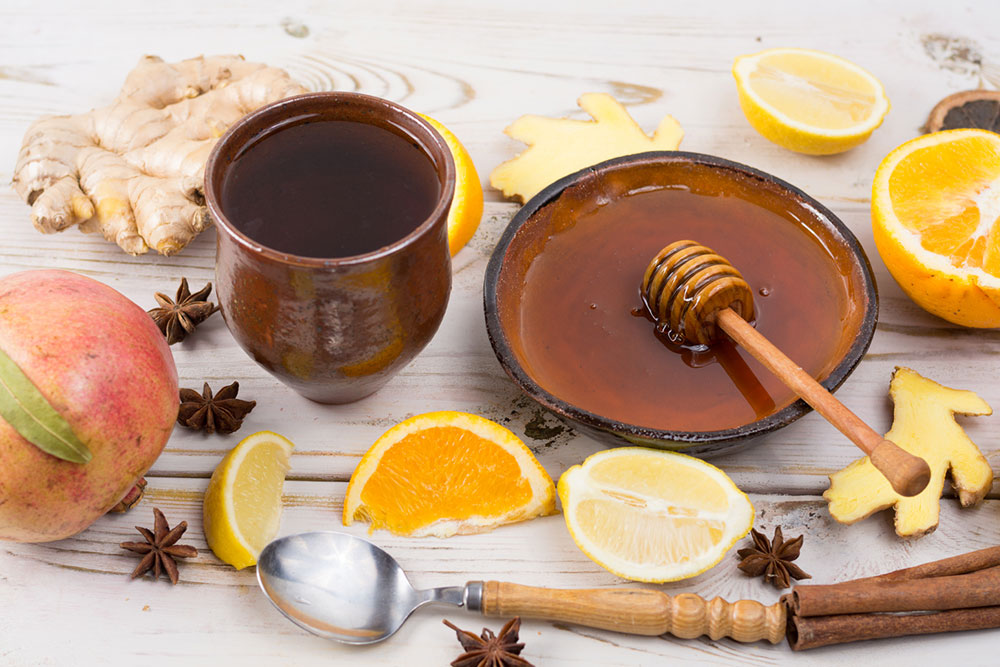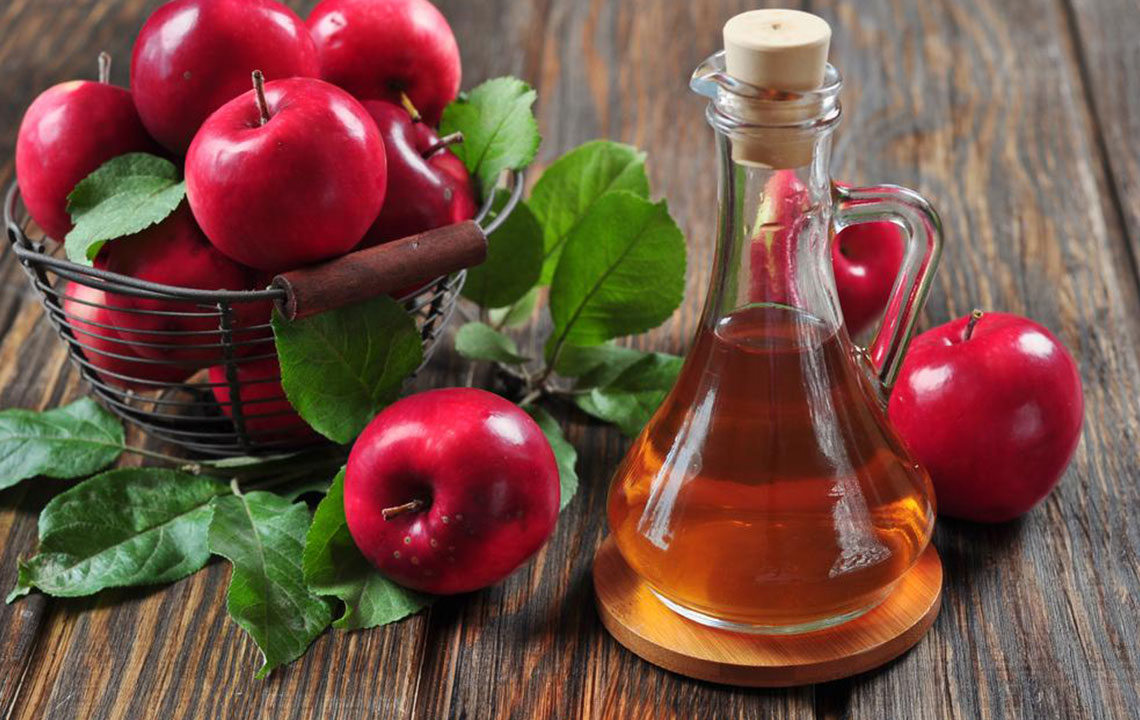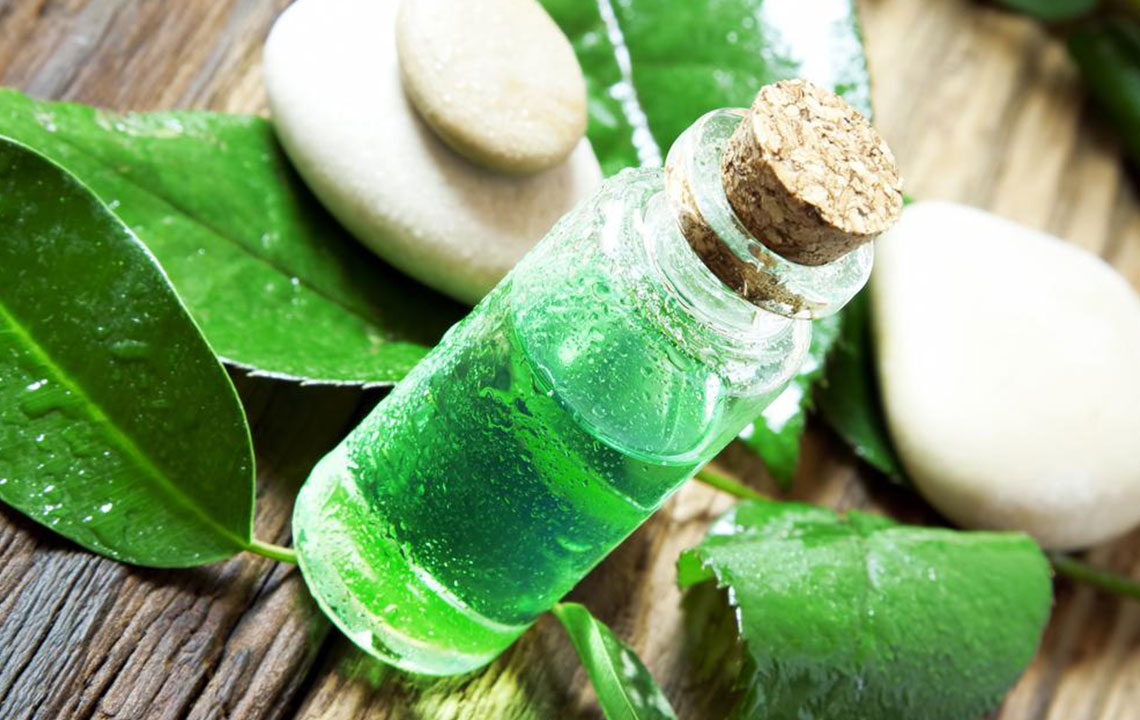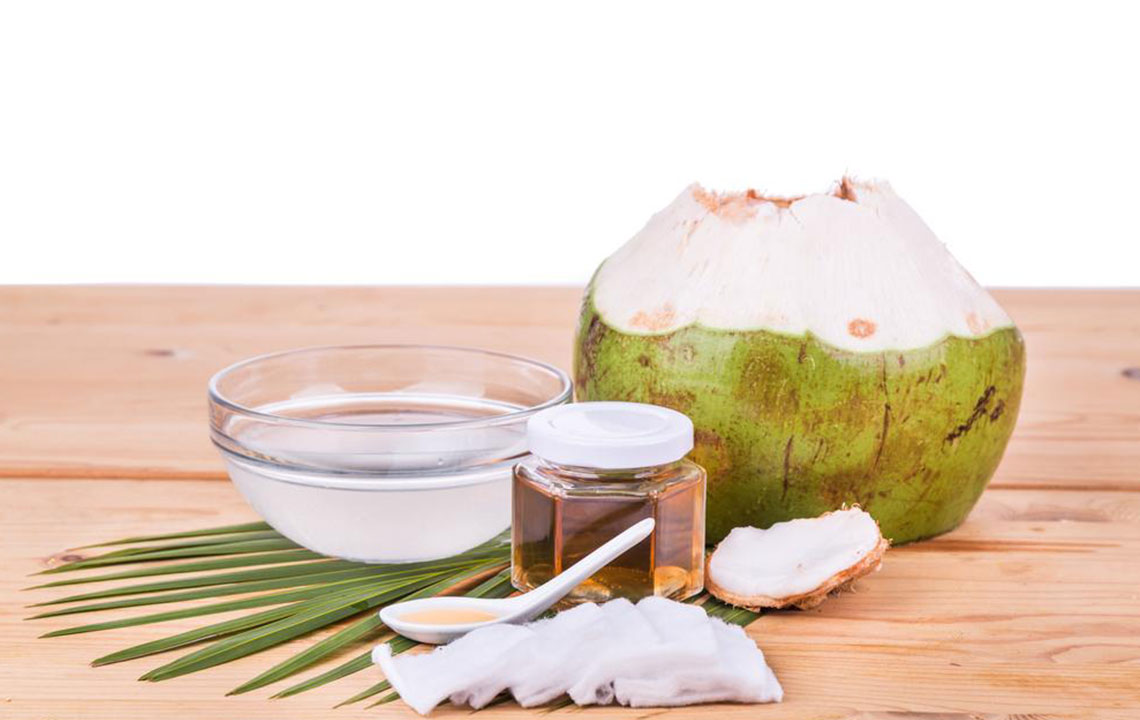Comprehensive Natural Remedies for Tooth Abscess Relief and Healing
Discover comprehensive natural remedies to alleviate tooth abscess pain and promote healing. These effective methods include turmeric paste, garlic, black tea bags, clove oil, and apple cider vinegar, offering safe, at-home options for managing symptoms and supporting recovery. However, consulting a dentist remains essential for proper treatment of persistent issues.

Comprehensive Natural Remedies for Tooth Abscess Relief and Healing
Are you searching for safe and effective natural methods to alleviate the pain caused by a tooth abscess? An abscessed tooth is a painful condition resulting from bacterial infection at the root of a tooth or between the gums and teeth. It often develops due to dental issues such as cracks, chips, or cavities that allow bacteria to infiltrate and cause an infection. Recognizing and managing this condition early is crucial to prevent the infection from spreading to the jawbone or other vital areas, which could lead to severe health complications. In this detailed guide, we explore some of the most reliable natural remedies that can help reduce pain, inflammation, and bacterial growth associated with tooth abscesses, while emphasizing the importance of seeking professional dental care.
Identifying Symptoms of Tooth Abscess
Understanding the signs of a tooth abscess is vital for early intervention. The most common symptom is a continuous, throbbing toothache that worsens when lying down or applying pressure. Additional signs include foul or metallic taste in the mouth, foul breath, swelling of the gums or face, difficulty swallowing, redness or tenderness in the gums, and sensitivity to hot, cold, or sweet foods. Sometimes, pus may drain from the affected area, and the pain may radiate to the jaw or neck. If left untreated, the infection can spread to adjacent tissues, leading to complications such as jaw osteomyelitis, sinus infections, or even systemic issues like sepsis. Early recognition and treatment are vital for a swift recovery. Here are five natural remedies with proven properties to help ease the pain, reduce inflammation, and combat bacterial growth related to tooth abscesses.
Turmeric and Sea Salt Paste
Turmeric contains curcumin, a compound with powerful antibacterial, anti-inflammatory, and antioxidant properties. These qualities make it an effective natural agent against oral bacteria and inflammation. Combine two teaspoons of turmeric powder with one teaspoon of sea salt, which also acts as a natural antiseptic. Add a teaspoon of pure clove oil to enhance antimicrobial effects. Mix thoroughly to form a paste, then apply this directly onto the abscessed area. Keep the paste in place for around 30 minutes before rinsing your mouth thoroughly with warm water. Repeating this process two to three times daily can significantly help in reducing swelling, fighting infection, and alleviating pain. Regular usage may also promote faster healing of tissues and support oral health.
Garlic - Nature’s Antibiotic
Garlic has been used for centuries as a natural antibiotic due to its potent allicin compound that effectively fights bacteria, viruses, and fungi. To utilize garlic for a tooth abscess, crush a small garlic clove into a fine paste and carefully apply it directly on the affected gum area. Leave it for about 15 minutes to allow its antimicrobial properties to work, then rinse your mouth thoroughly. Alternatively, you can mix crushed garlic with a few drops of clove oil and place it on the abscess for up to 20 minutes. Regular application can help control bacterial growth, reduce nerve pain, and diminish swelling. Remember to monitor for any irritation, as garlic can sometimes cause a burning sensation or allergic reactions in sensitive individuals.
Black Tea Bag for Soothing Pain and Reducing Inflammation
Black tea, particularly rich in tannins, offers anti-inflammatory and antimicrobial benefits. To use, steep a black tea bag (like Earl Grey or Assam) in hot water for five minutes, then cool it down by placing it in the refrigerator for a few minutes. Once cooled, place the tea bag directly on the sore area, applying gentle pressure for about 10 minutes. The tannins in black tea help constrict blood vessels, reduce swelling, and inhibit bacterial growth, providing immediate relief from pain and inflammation. Repeat this process three times a day for the most effective results. Using organic or high-quality black tea enhances the soothing effects and promotes faster healing of the infected tissue.
Clove Oil - Natural Analgesic and Antimicrobial Agent
Clove oil has been a traditional remedy for toothache relief due to its eugenol content, which offers potent numbing and antibacterial properties. To use, mix a teaspoon of ground clove powder with a few drops of water to create a thick paste. Apply this paste directly to the affected area and leave it for about 20 minutes. Clove oil can also be diluted and gently applied to the gum tissue to soothe nerve pain and reduce bacterial infection. Its analgesic properties make it especially effective at numbing the pain, while its antimicrobial effects help control the spread of infection. Caution should be exercised not to apply excessive amounts directly on the gum, to avoid irritation.
Apple Cider Vinegar - Natural Antiseptic
Apple cider vinegar (ACV) is renowned for its antibacterial and anti-inflammatory properties, making it a natural remedy for disinfecting gums and reducing swelling. Use raw, unfiltered ACV such as Bragg’s brand for best results. Mix two teaspoons of ACV in a cup of warm water, and swish the solution around the affected area for about five minutes. Rinse thoroughly with warm water afterward. Repeating this twice daily can help diminish bacterial presence, soothe inflamed tissues, and promote healing. Be cautious not to overuse ACV, as its high acidity may erode enamel if used excessively. Incorporating this remedy into your oral hygiene routine can significantly assist in managing abscess symptoms and supporting recovery.
While these natural remedies can provide significant relief and aid in managing symptoms, they are not substitutes for professional dental treatment. Persistent or worsening symptoms require prompt consultation with a dentist to prevent more severe complications. Always maintain good oral hygiene, avoid irritants such as sugary or acidic foods, and seek dental care to address the root cause of the abscess effectively.





